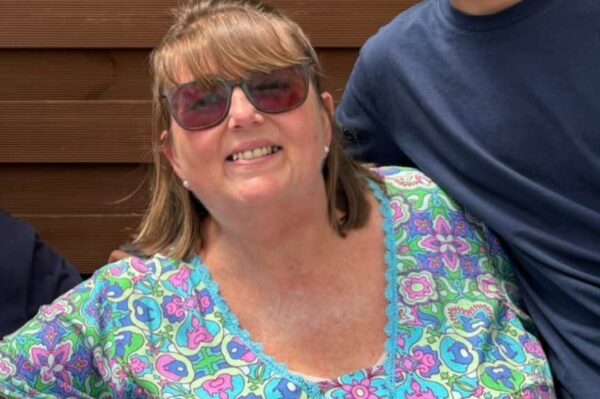Add introduction content here
Approval of gene therapy SRP-9001 in the USA ‒ a significant milestone in the treatment of Duchenne muscular dystrophy

We reported recently on a key step in the US Food and Drug Administration’s (FDA) pathway for approval of Sarepta Therapeutic’s gene therapy SRP-9001 (also known as delandistrogene moxeparvovec-rokl) for Duchenne muscular dystrophy (DMD). We are pleased to report that the regulator has granted accelerated approval for the treatment of ambulatory children (those able to walk unassisted), aged between four and five years, with Duchenne muscular dystrophy. This marks a significant milestone in the field of medicine and offers hope for people living with this condition.
The FDA’s accelerated approval programme is designed to speed up the availability of treatments for serious conditions that demonstrate promising early results. This decision reflects the regulator’s recognition of the urgent need for effective therapies and its commitment to advancing medical breakthroughs.
While accelerated approval allows patients in the US to access the therapy sooner, it also requires ongoing monitoring and additional studies to confirm its benefits. This approach strikes a balance between addressing unmet medical needs and ensuring patient safety.
The FDA’s decision will not directly affect people living with Duchenne muscular dystrophy in the UK. Muscular Dystrophy UK is in contact with Roche – Sarepta’s partner for global distribution – who have provided more information about delandistrogene moxeparvovec and their plans for getting the treatment to people in the UK. You can read more here.
The health authority in the UK responsible for issuing Marketing Authorisations for medicines is the Medicines & Healthcare Products Regulatory Agency (MHRA), not the FDA. Roche is actively engaging with the MHRA to determine the best possible route to achieving a potential licence for delandistrogene moxeparvovec. In addition to gaining a licence, further assessments of clinical and cost-effectiveness by the National Institute for Health and Care Excellence (NICE) and the Scottish Medicines Consortium (SMC) must also be undertaken before a medicine is available to patients on the NHS. You can read more about this process here.
Duchenne muscular dystrophy is a rare muscle-wasting condition that mainly affects boys and men. People with DMD lack a protein called dystrophin, which is required to maintain the strength of muscles. Delandistrogene moxeparvovec is a gene therapy for DMD developed by Sarepta Therapeutics. It is based on the delivery of micro-dystrophin (a smaller, but functional, version of dystrophin protein) into muscle cells via an adeno-associated virus (AAV) vector.
This is an exciting step forward for the community and we will keep you updated on developments that impact people in the UK, whenever we can.


